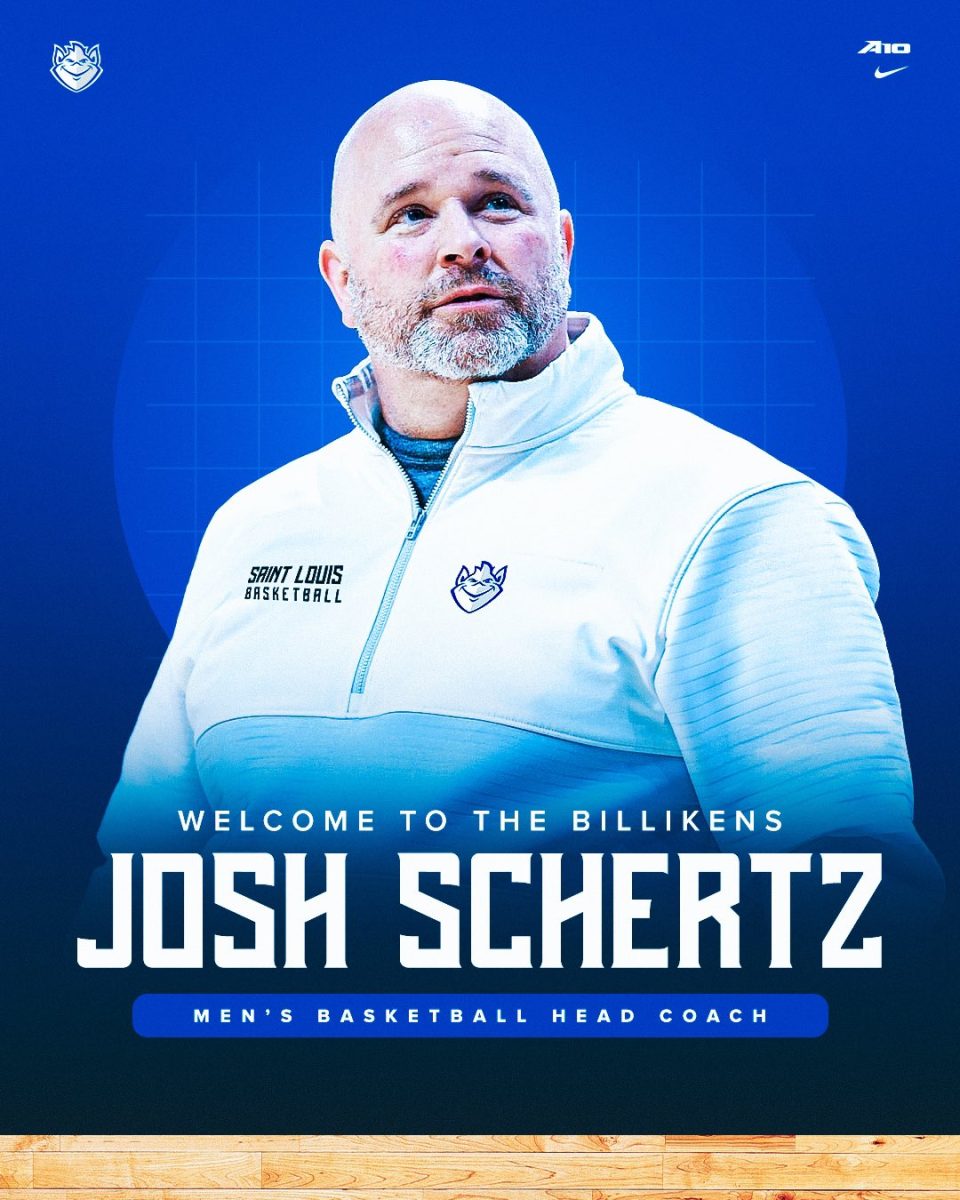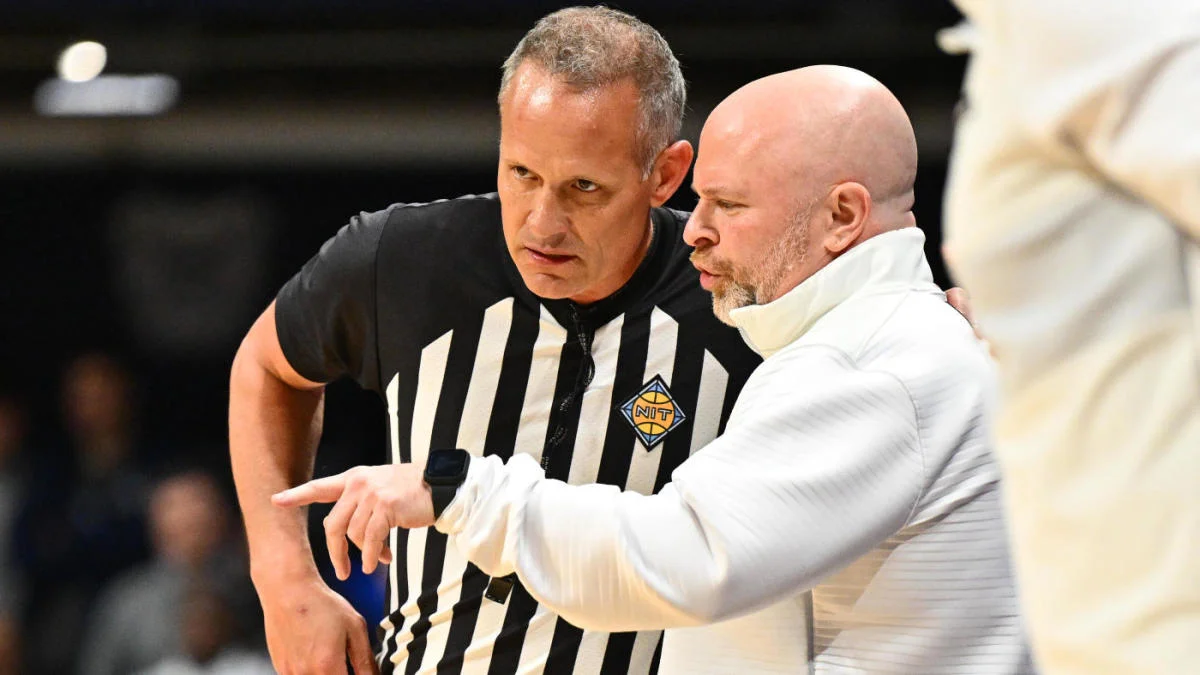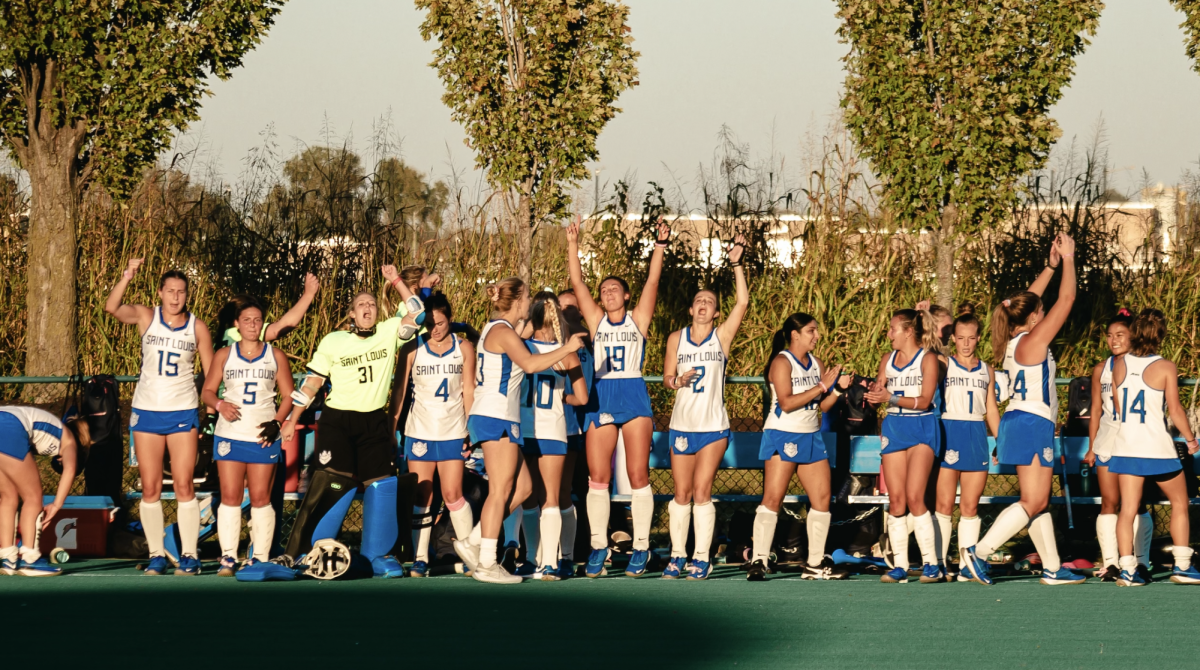This is the second in a series of articles dealing with Title IX. Next week’s article will deal with Title IX’s effects at SLU.
Since its inception, litigation has played a critical role in defining Title IX.
Legal cases have challenged every aspect of Title IX. Some challenged the law itself; others challenged parts of the law.
The first lawsuit that dealt with Title IX was the 1984 Grove City College v. Bell.
The Supreme Court supported President Reagan’s attitude of a more conservative interpretation of the law. The case ruled that Title IX should be program-specific.
One of the most influential cases was Franklin v. Gwinnett County Public Schools. Its decision stated that plaintiffs could recover monetary compensation and attorney fees in cases concerning violations of Title IX.
Prior to this, courts could only order an institution to change its practices.
There are three aspects of Title IX that have been challenged-the rule that schools provide financial assistance in proportion to the number of males and females participating in athletics; the rule stating that all benefits and opportunities are offered to members of each gender; and the rule that states that equal athletic opportunities be given to members of each gender.
Gonyo v. Drake University challenged the proportionality rule. A group of male wrestlers at Drake University sued to gain reinstatement of the wrestling program.
They thought that the university had violated Title IX because the number of scholarships being awarded did not follow the proportionality rule.
Drake’s male athletes made up 59.7 percent of the athletes on campus, but more athletic scholarships were awarded to women. The court ruled that the university had provided nondiscriminatory reasons for the difference.
The United States Supreme Court for the District of Iowa concluded that the over-allocation of financial aid funds to the under-represented sex does not violate Title IX.
Beasley v. Alabama State University also challenged the proportionality rule. A student sued the university under Title IX after she failed to receive an athletic scholarship. The student alleged that the university maintained a gender-discriminatory athletic scholarship program.
The court found that the university had violated Title IX by not providing scholarships according to the proportionality rule.
But the court dismissed the suit because the plaintiff did not provide evidence of discrimination and the claim was barred due to procedural reasons.
The court used a five-part analysis to determine compliance. The court found an 11.9 percent disparity between the percentage of female and male students in 1991-92. By 1992-93, the university was in compliance, just as the case was about to be tried.
Cook v. Colgate University challenged the rule concerning equal benefits and opportunities. The case arose when members of the women’s hockey club team challenged Colgate’s decision to reject its application to become a varsity sport.
The team had applied for varsity status in 1979, 1983, 1986 and 1988. The lower court found Colgate in violation of Title IX and ordered that the women’s hockey team be upgraded to a varsity sport. This verdict was overturned in 1993 on appeal because all the original plaintiffs had graduated.
In the original case, attorneys for the university argued that the university should not have to give varsity status because the ability of the players did not justify varsity status and there was no NCAA championship.
The university also argued that there was a lack of interest, a lack of varsity competition and a financial burden.
Title IX interpretations provide that universities are not required to upgrade teams to varsity status if there is not a reasonable expectation that intercollegiate competition in the sport will be available within the university’s competitive region. A seven-year court battle ended three weeks before the case went to trial again. Colgate agreed to elevate the women’s ice hockey team to varsity status.
The U.S. District Court of the Northern District of New York is the only court that has issued a report analyzing the benefits and opportunities qualification. The analysis compared the women’s ice hockey team to the men’s, to determine equality.
The court ruled that there was no need to compare the overall men’s and women’s programs because Colgate had historically spent much more on men’s sports.
Colgate sponsored the same number of sports for each gender, but the budget for men’s sports was much greater than for women’s sports.
Roberts v. Colorado State Board of Agriculture dealt with the rule that equal athletic opportunities have to be given to each gender. Members of the softball team sued the university after the team was cut.
The U.S. Supreme Court found that Colorado State violated Title IX by cutting the team. Colorado State was ordered to reinstate the team to varsity status.
The court found that Colorado State had a 10 percent disparity between its female undergraduates and female athletes and that opportunities for female athletes had dropped in the 1980s.
In the most recent case concerning Title IX, Heather Sue Mercer sued Duke University. Mercer was a place-kicker on the football team. She was removed from the team after serving as a team manager, going through spring conditioning in 1994-95 and kicking the winning field goal in the Blue-White scrimmage. Duke coach Fred Goldsmith told her she was on the team. But Goldsmith would not allow her to attend preseason camp the next year, telling Mercer’s mother that putting her on the team was “the worst decision of his life,” according to an article in The Chronicle of Higher Education.
She sued the university, stating that she had been discriminated against because of her gender. She was awarded $2 million. U.S. District Judge James A. Beaty upheld the verdict. Beaty stated that Duke did nothing about Mercer’s complaints of unequal treatment.
These are just some of the cases that have shaped how Title IX is currently viewed and employed by universities, the NCAA and the Office of Civil Rights.
Next week, Saint Louis University is scrutinized as it adapts every year to stay in compliance with Title IX.







